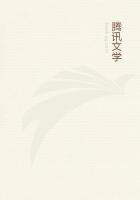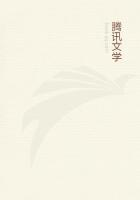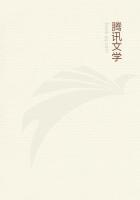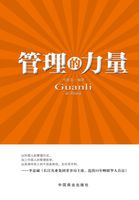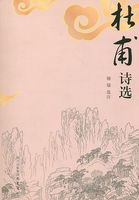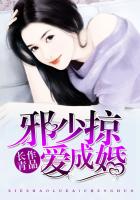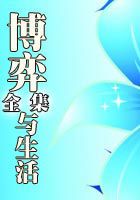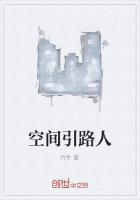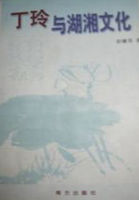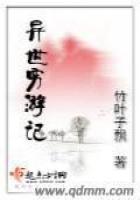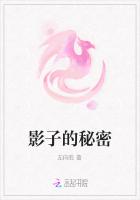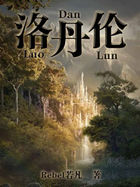Although Chaucer had written several poems which were admired in his day, and made translations from the French, among which was the "Roman de la Rose," the most popular poem of the Middle Ages,--a poem which represented the difficulties attendant on the passion of love, under the emblem of a rose which had to be plucked amid thorns,--yet his best works were written in the leisure of declining years.
The occupation of the poet during the last twelve years of his life was in writing his "Canterbury Tales," on which his fame chiefly rests; written not for money, but because he was impelled to write it, as all true poets write and all great artists paint,--ex animo,--because they cannot help writing and painting, as the solace and enjoyment of life. For his day these tales were a great work of art, evidently written with great care. They are also stamped with the inspiration of genius, although the stories themselves were copied in the main from the French and Italian, even as the French and Italians copied from Oriental writers, whose works were translated into the languages of Europe so that the romances of the Middle Ages were originally produced in India, Persia, and Arabia. Absolute creation is very rare. Even Shakspeare, the most original of poets, was indebted to French and Italian writers for the plots of many of his best dramas. Who can tell the remote sources of human invention; who knows the then popular songs which Homer probably incorporated in his epics; who can trace the fountains of those streams which have fertilized the literary world?--and hence, how shallow the criticism which would detract from literary genius because it is indebted, more or less, to the men who have lived ages ago. It is the way of putting things which constitutes the merit of men of genius. What has Voltaire or Hume or Froude told the world, essentially, that it did not know before? Read, for instance, half-a-dozen historians on Joan of Arc: they all relate substantially the same facts. Genius and originality are seen in the reflections and deductions and grand sentiments prompted by the narrative. Let half-a-dozen distinguished and learned theologians write sermons on Abraham or Moses or David: they will all be different, yet the main facts will be common to all.
The "Canterbury Tales" are great creations, from the humor, the wit, the naturalness, the vividness of description, and the beauty of the sentiments displayed in them, although sullied by occasional vulgarities and impurities, which, however, in all their coarseness do not corrupt the mind. Byron complained of their coarseness, but Byron's poetry is far more demoralizing. The age was coarse, not the mind of the author. And after five hundred years, with all the obscurity of language and obsolete modes of spelling, they still give pleasure to the true lovers of poetry when they have once mastered the language, which is not, after all, very difficult. It is true that most people prefer to read the great masters of poetry, in later times; but the "Canterbury Tales" are interesting and instructive to those who study the history of language and literature. They are links in the civilization of England. They paint the age more vividly and accurately than any known history.
The men and women of the fourteenth century, of all ranks, stand out to us in fresh and living colors. We see them in their dress, their feasts, their dwellings, their language, their habits, and their manners. Amid all the changes in human thought and in social institutions the characters appeal to our common humanity, essentially the same under all human conditions. The men and women of the fourteenth century love and hate, eat and drink, laugh and talk, as they do in the nineteenth. They delight, as we do, in the varieties of dress, of parade, and luxurious feasts. Although the form of these has changed, they are alive to the same sentiments which move us. They like fun and jokes and amusement as much as we. They abhor the same class of defects which disgust us,--hypocrisies, shams, lies. The inner circle of their friendship is the same as ours to-day, based on sincerity and admiration. There is the same infinite variety in character, and yet the same uniformity. The human heart beats to the same sentiments that it does under all civilizations and conditions of life. No people can live without friendship and sympathy and love; and these are ultimate sentiments of the soul, which are as eternal as the ideas of Plato. Why do the Psalms of David. written for an Oriental people four thousand years ago, excite the same emotions in the minds of the people of England or France or America that they did among the Jews? It is because they appeal to our common humanity, which never changes,--the same to-day as it was in the beginning, and will be to the end. It is only form and fashion which change;men remain the same. The men and women of the Bible talked nearly the same as we do, and seem to have had as great light on the primal principles of wisdom and truth and virtue. Who can improve on the sagacity and worldly wisdom of the Proverbs of Solomon?
They have a perennial freshness, and appeal to universal experience. It is this fidelity to nature which is one of the great charms of Shakspeare. We quote his brief sayings as expressive of what we feel and know of the certitudes of our moral and intellectual life. They will last forever, under every variety of government, of social institutions, of races, and of languages.
And they will last because these every-day sentiments are put in such pithy, compressed, unique, and novel form, like the Proverbs of Solomon or the sayings of Epictetus. All nations and ages alike recognize the moral wisdom in the sayings of those immortal sages whose writings have delighted and enlightened the world, because they appeal to consciousness or experience.

